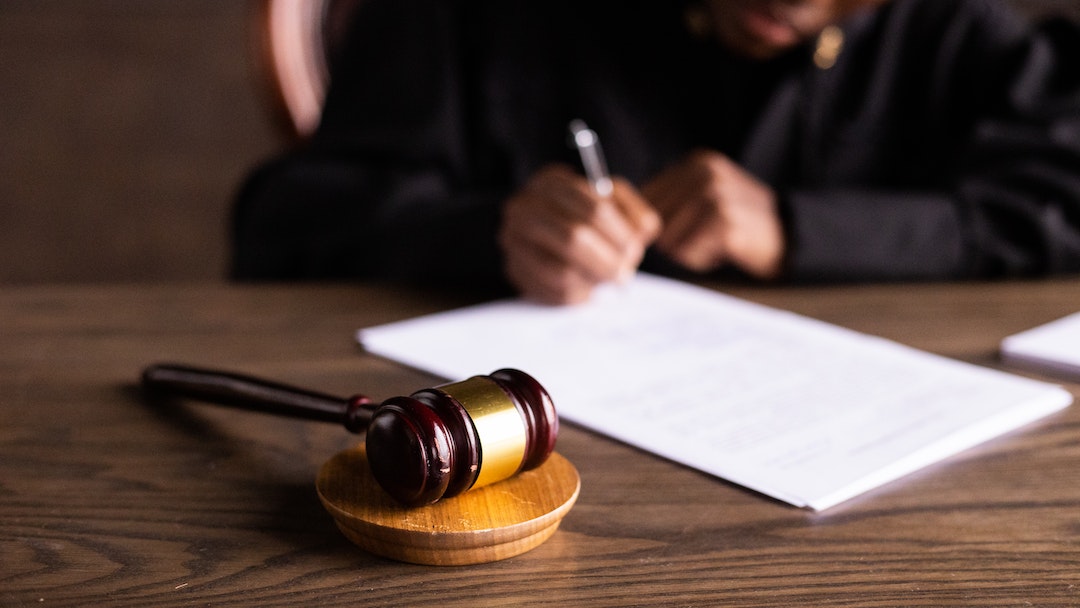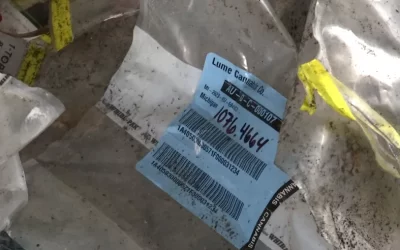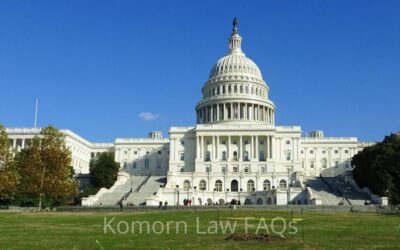Rule 501. Privilege; General Rule.
Privilege is governed by the common law, except as modified by statute or court
rule.
Have your rights been violated?
Have your driving priviledges been revoked?
Has your professional license been suspended?
Have you been charged with a crime?
Call our office to see if we can help
Komorn Law 248-357-2550
Understanding the Protection of Confidential Communications
Rule 501 of the Michigan Rules of Evidence (MRE) plays a crucial role in safeguarding confidential communications and upholding important relationships in legal proceedings. This article delves into the key aspects of Rule 501, drawing insights from the Michigan Rules of Evidence Handbook.
Main Principle: Common Law Governs Privilege Claims
The fundamental principle of Rule 501 states that claims of privilege in Michigan courts are primarily governed by the common law. This means that established legal precedents and principles, as interpreted by United States courts, serve as the primary source for determining whether information qualifies for protection under a privilege.
Exceptions to Common Law Rule
However, the rule recognizes three exceptions where common law may not be the sole authority for privilege:
- United States Constitution: Certain privileges, like the attorney-client privilege, find their foundation in the United States Constitution. These privileges take precedence over common law interpretations.
- Federal Statutes: Specific federal statutes, such as the Federal Rules of Evidence, may supersede common law rules of privilege in certain cases involving federal matters.
- Michigan Supreme Court Rules: The Michigan Supreme Court, through its rulemaking authority, can create or modify privilege rules that deviate from the common law.
Importance of Rule 501 in Practice
Rule 501 plays a critical role in ensuring fair and just legal proceedings by:
- Protecting sensitive communications: Privileges shield confidential information exchanged in certain relationships, like lawyer-client, doctor-patient, and priest-penitent, from disclosure in court. This fosters trust and encourages open communication in these vital relationships.
- Balancing competing interests: The rule balances the need for truth-finding in legal proceedings with the protection of legitimate interests, such as preserving confidentiality and encouraging free and open communication.
- Predictability and consistency: Relying on established common law principles for privilege provides predictability and consistency in legal proceedings across the state.
Further Resources for Understanding Rule 501
The Michigan Rules of Evidence Handbook offers in-depth analysis and commentary on Rule 501, including:
- Detailed explanations of the exceptions to the common law rule.
- Case studies and examples illustrating how courts apply Rule 501 in specific situations.
- References to relevant statutes, court rules, and legal scholarship for further research.
By understanding the principles and implications of Rule 501, legal professionals and individuals alike can navigate the complex world of privilege in Michigan courts with confidence.
Important:
This article provides a simplified overview of the Michigan Rules of Evidence for informational purposes only. It should not be interpreted as legal advice. When facing legal matters, always consult with a qualified attorney for professional guidance.
The Michigan Rules of Evidence are subject to change over time. Always consult the latest official version for accurate information.
Here is the link to the Michigan Rules of Evidence Handbook. Check the footer for the latest update.
Related Articles
Understanding the Rule of Completeness in Michigan Courts
Understanding the Rule of Completeness in Michigan Courts: MRE 106In the pursuit of truth and ensuring fairness during legal proceedings, the Michigan Rules of Evidence (MRE) play a crucial role. One particular rule, MRE 106 (Completeness), safeguards against...
Apparent cannabis testing bags in trash pile in Lansing
Michigan's marijuana laws mandate that both retail recreational and medical marijuana undergo comprehensive testing conducted by independent laboratories. The purpose of such testing is to identify and mitigate potential contaminants such as mold, mildew, and harmful...
Evidence in Michigan Courts: Proposed Amendments of MRE
The Michigan Rules of Evidence are the rules adopted by the Michigan Supreme Court to govern evidentiary processes throughout Michigan's judicial system. Occasionally, the Rules of Evidence require amendments or changes. You can access proposed and recently-adopted...
Evidence in Michigan Courts: Michigan’s Evidence Rules 1001-1008
Michigan's Rules of Evidence, established by the Supreme Court, dictate how evidence is presented and admitted in court proceedings. Rules 1001 through 1008, focusing on how written words, recordings, and photographs are treated as evidence.Rule 1001: Defining the...
More Posts

Legal Tip – Driving High on Cannabis in Michigan
Driving under the influence of cannabis is illegal and carries serious consequences in Michigan.We have fought and won many cases from the District Courts, Circuit Courts, Court of Appeals and the Supreme Court through out the State of Michigan. We have also fought...
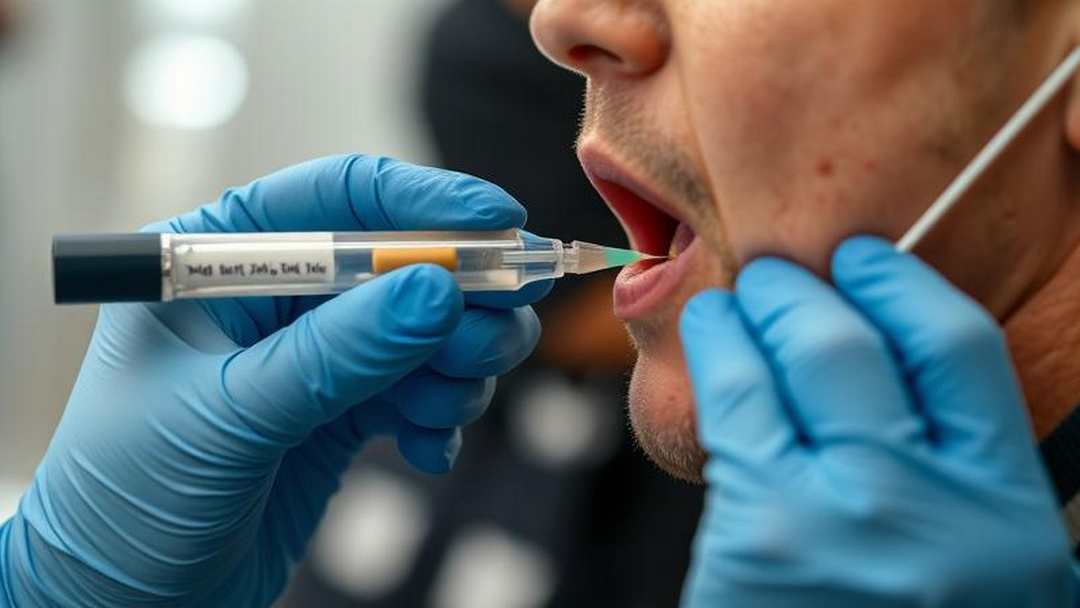
Michigan House Bill NO. 4391
It may just be easier to collect and analyze tears.This legislation seeks to integrate saliva testing for cannabis within law enforcement procedures, designating a refusal to participate in this testing as a criminal offense, similar to the penalties imposed for...
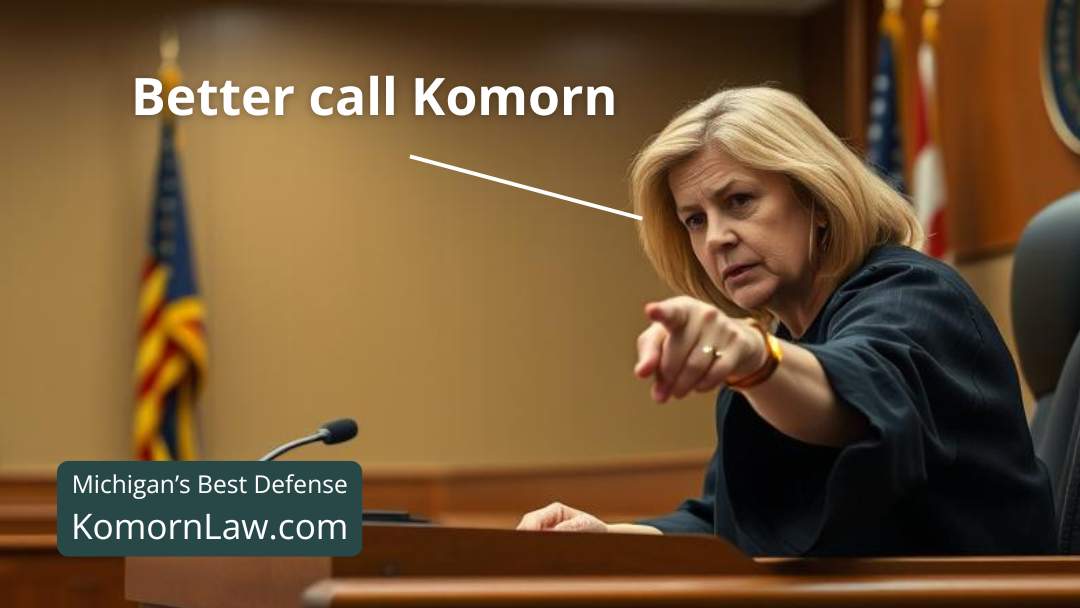
Legal Tip – Your Rights During a DUI Stop in Michigan
Komorn Law - Quick Legal TipsLegal Tip: Understanding Your Rights During a DUI Stop in Michigan A DUI stop can be stressful, but knowing your rights is crucial. You have the right to remain silent. You are not obligated to answer questions beyond basic identification....
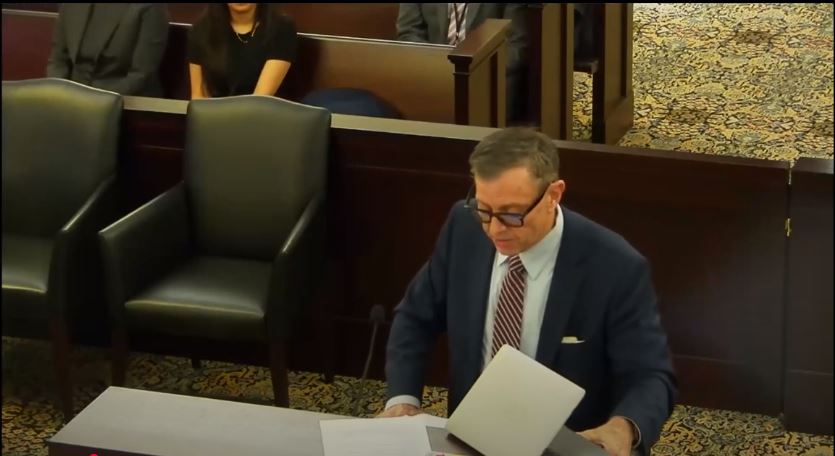
Forfeiture without Criminal Charges
Can the police seize your belongings and hold it without charging you with a crime?Read the summary below and watch Attorney Michael Komorn in the Court of Appeals.Summary of "Ruben Delgado v. Michigan State Police": This case was filed in the Jackson County Circuit...

23andMe filed for Chapter 11 bankruptcy and your data is?
As of Friday 3/28/25, the firm’s shares were worth less than a dollar.If you are charged with a crime you're part of the State of Michigan family now. Call us - Because you don't want to be a part of that family. Komorn Law (248) 357-2550Genetic testing service...

Judge finds marijuana testing facilities run by ex-cops violated testing results
Viridis Laboratories has faced ongoing allegations of exaggerating THC levels while minimizing the potential risks associated with cannabis.If you are charged with a crime you're part of the State of Michigan family now. Call us - Because you don't want to be a part...

Domestic Violence Conviction Prohibits Gun Ownership
No Second Amendment Rights For YouIf you are charged with a crime you're part of the State of Michigan family now. Call us - Because you don't want to be a part of that family. Komorn Law (248) 357-2550A federal judge in Michigan has ruled that a man with a prior...

Update on Michigan’s Sick Time Act (Small Business Compliance)
Small Business Compliance Accrual Method: Employees accrue 1 hour of paid sick time forevery 30 hours worked, and unused paid sick time rolls over upto 72 hours, or 40 for a small business. Employers may limit theuse of earned sick time to 72 hours, or 40 for a small...

What Are Your Rights Before And After Arrest?
What are your rights before and after arrest?Generally, police require a search warrant to lawfully enter any private premises or to search electronic devices such as your phone or computer. If the police do not possess a search warrant, you are under no obligation to...

Drones – What Drones? Update
Drone story update January 28, 2025 NJ drones 'were authorized to be flown by FAA for research,' Donald Trump says The mysterious drones that captivated New Jersey late last year were not enemy craft, but instead were authorized by the FAA, President Donald Trump said...

